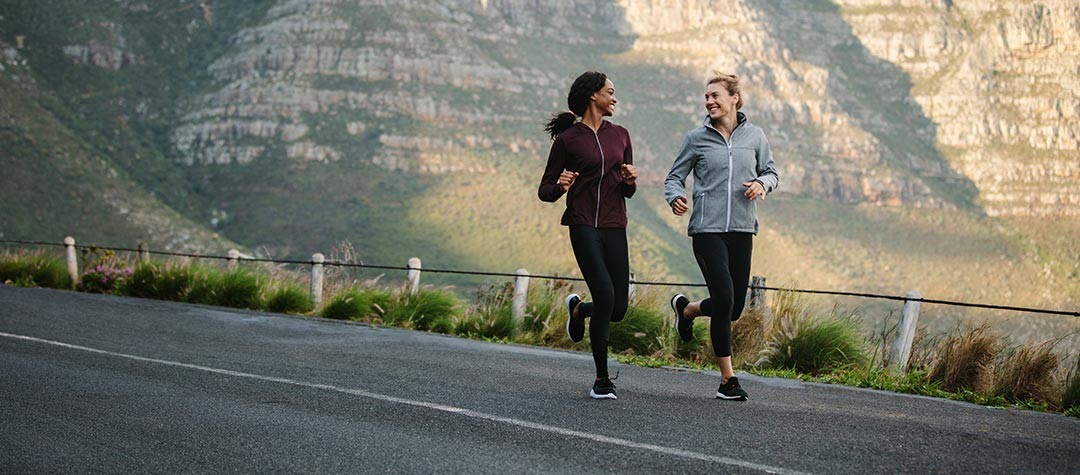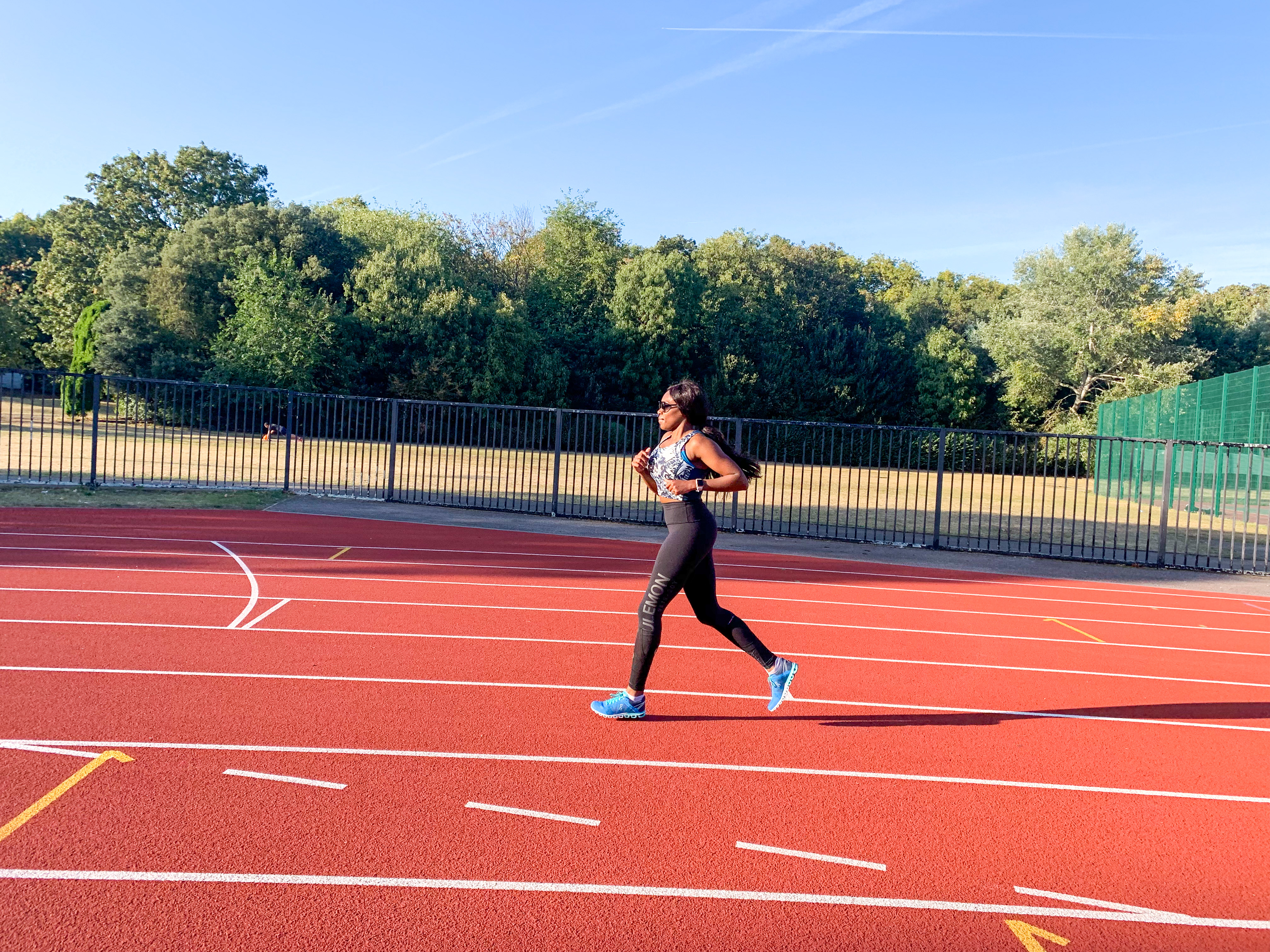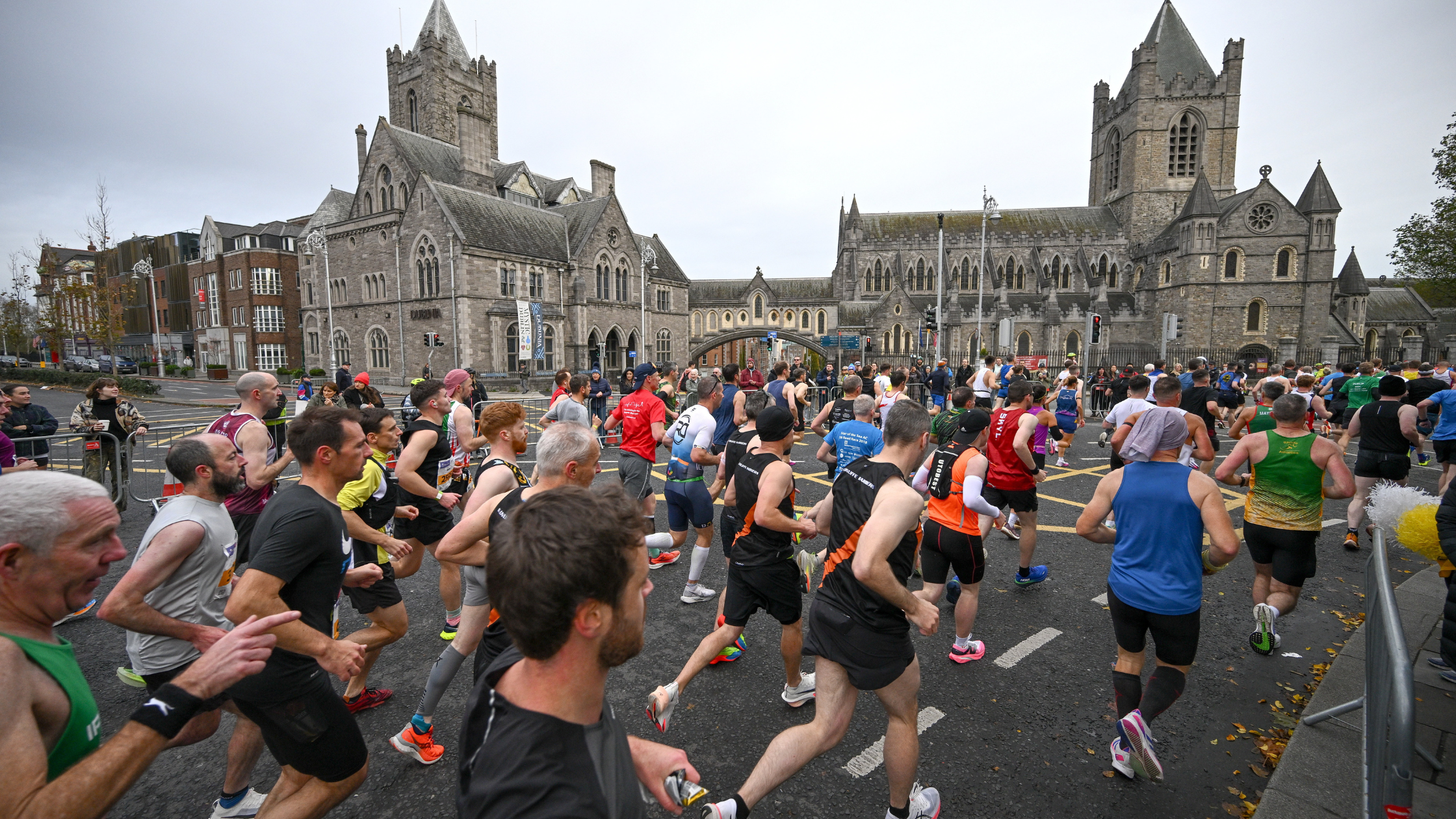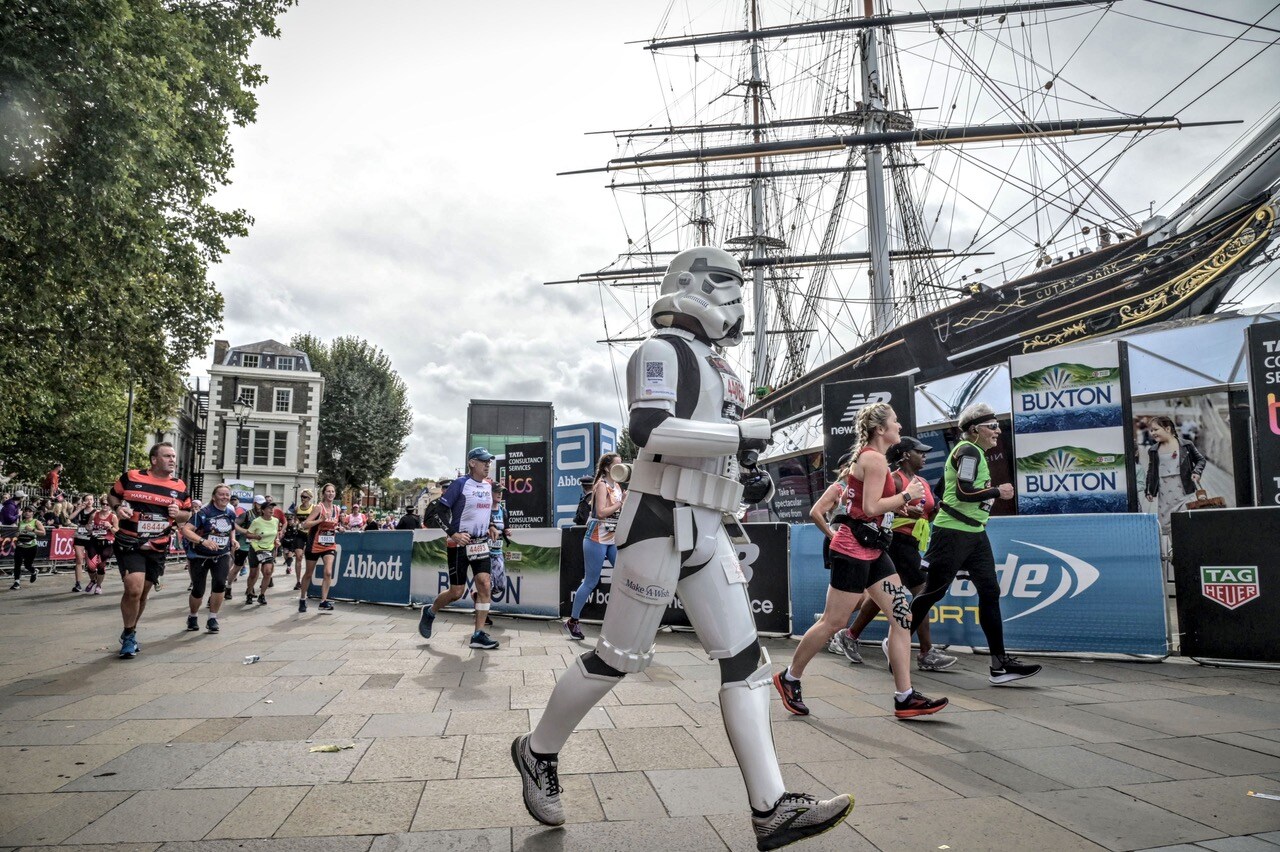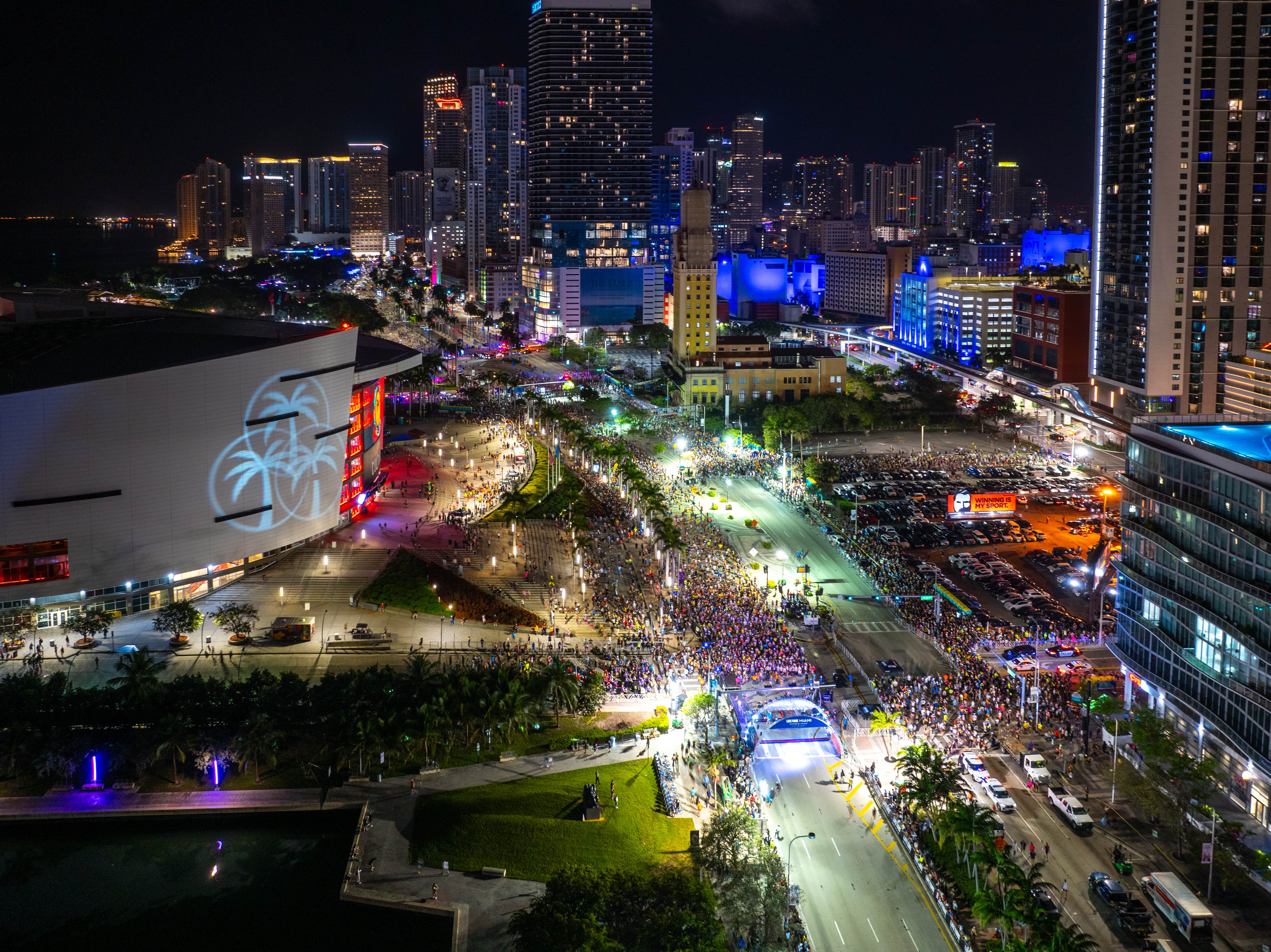Relaxation is often neglected by many runners but should be a key component of any training programme. The ability to relax both mentally and physically can be the difference between a poor running performance and a good one.
There are three main areas where the ability to relax plays an important role in your running:
-
The ability to relax physically has an effect both in training and during race events.
-
The ability to relax mentally avoids any undue stress, nerves or apprehension both prior to and in the racing situation which may affect performance.
-
The ability to relax completely during rest and regeneration aids the runner's recovery.
Given that there is so much to concern yourself with as a runner — from gear to stretching to the actual training — it is no surprise that relaxation becomes a much neglected part of the training routine. Here are some methods that can be employed in the areas of physical, mental and relaxation training.
Physical training
Relaxation techniques and good running performance can be demonstrated by watching the athletics on TV. You'll notice that the athlete who is not relaxed or has 'tightened up' will generally lose their running form and performance will suffer. This clearly demonstrates how relaxation while running is good for performance.
The physical side of relaxation training is a slow process, which will evolve only with practice. To achieve proper relaxation, the runner needs to concentrate on technique so that running is efficient and economical. To run relaxed, especially when working hard or getting fatigued, the runner needs to bear in mind the following three key points:
-
Keep the hands relaxed. This will stop any tension in the hands moving up the arms and into the shoulders and neck area.
-
The head should remain erect and relaxed, with no tension in the facial muscles and neck.
-
The runner must concentrate on retaining their normal running stride length. This is most important when the runner is working hard or tired, as shortening the stride will lose distance on each subsequent stride.
Mental training
Naturally, some runners are much stronger mentally than other runners. When the going gets tough, too many runners tense up and succumb to some of the classic symptoms such as shortening of the stride, tensing and loss of technique. The athlete who is stronger mentally will be able to remain relaxed and avoid these pitfalls. The athlete who is mentally stronger will also be less likely to be affected by pre-competition nerves.
To overcome nerves, the runner needs to try mental rehearsal techniques. The runner needs to go through all the positive points in their favour: how well training has gone, how they have improved over the last few months, and how much they are relishing the challenge of the race.
Once this positive frame of mind has been achieved the runner needs to go through the areas of importance for the race, including the start, pace judgment, relaxation, stride length and ensuring there is enough in the tank for a strong finish.
In this way, the runner will eventually overcome their nerves and put all the positive points into practice so they can relax in the race situation and compete to the best of their ability.
Relaxation training
The third area of relaxation techniques to achieve good running performance is rest and regeneration . This must be a complete break from running so that the runner returns to training fully refreshed and reinvigorated, both physically and mentally.
One option is to have an 'active rest' by trying a different activity to running such as cycling or a team sport. Other options include having a sports massage , so that the tight stiff muscles, particularly in the legs are completely relaxed and regenerated ready for the next session. Water training is an ideal way of relaxing the muscles without any weight bearing taking place on them. The runner can use normal aerobic training methods in the water using a wet vest (buoyancy aid), or simply go through a swimming routine to help recovery and retain aerobic fitness.
All of the three methods of relaxation, whether physical, mental or regeneration techniques, will help the runner become more relaxed. A relaxed runner is more likely to see their technique hold up under pressure, and therefore increases their chances of a good performance.

